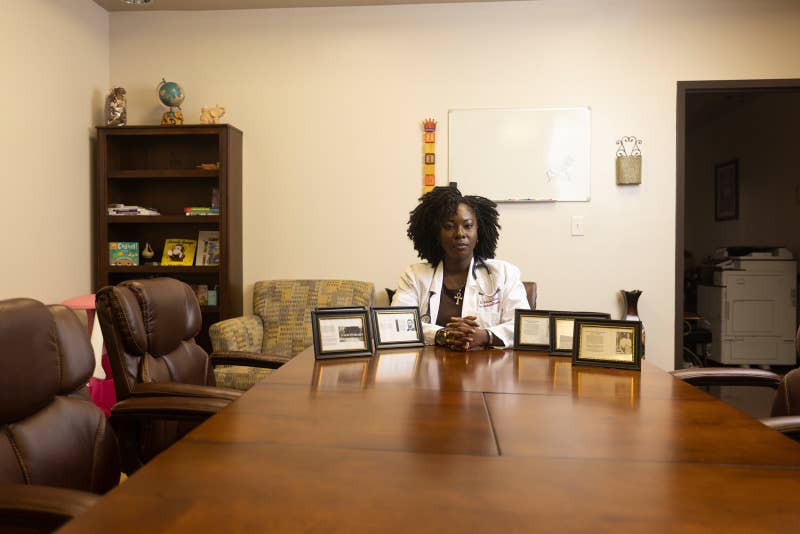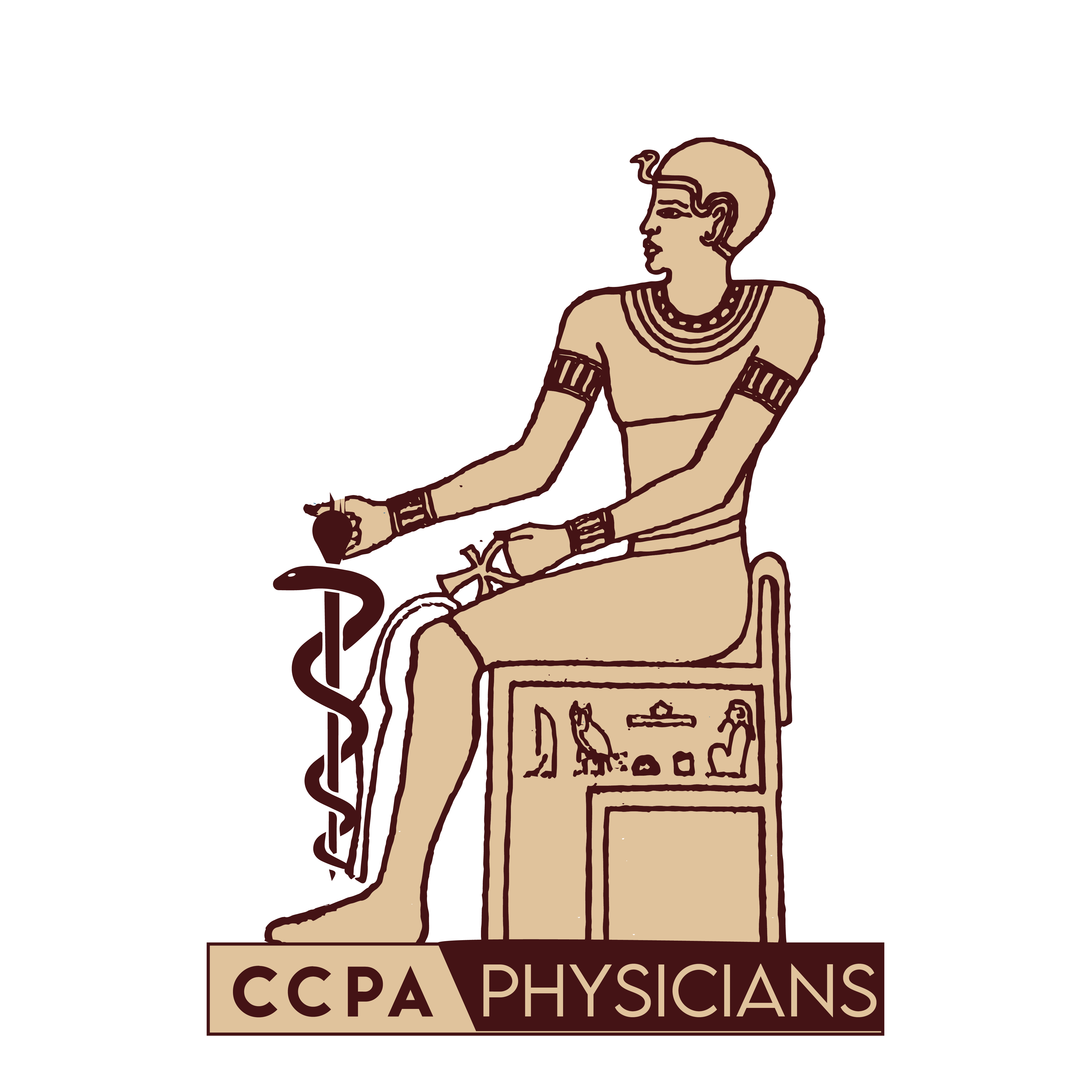A Black Doctor Tried To Diversify Medicine. Then She Lost Her Job.
A Black doctor and her trainees risked their careers to accuse their school of systemic racism. It would be a diagnosis with no easy cure.
NEW ORLEANS — After Hurricane Katrina, Princess Dennar made history as the first Black woman to run a physician residency program at Tulane University.
In 2020, she made history again, this time by suing Tulane for racial and gender discrimination. Her white male bosses had “subverted” and “actively undermined” her leadership for years “to force her to resign,” she alleged, and young Black women training under her were suffering the consequences.
As protesters demanded justice after George Floyd’s murder, as cities tore down Confederate statues, as health agencies declared that racism kills, Dennar hoped that she could force one of the oldest medical schools in the Deep South to confront its dark past. And maybe she could call attention to her profession’s failure to reflect the people it cares for. Just 5% of doctors and 3.6% of medical school faculty members nationwide are Black, compared to 13% of Americans and 60% of New Orleanians.
By going public with their collective experiences, Dennar and her trainees set out to test the reach of America’s supposed racial reckoning. They would learn firsthand how difficult institutional racism is to prove — and even harder to fix.
“When discrimination happens, most times, it’s not going to be somebody saying a particular word,” said Ruqaiijah Yearby, a legal expert in racial health disparities at Saint Louis University. “It’s about the power to be able to put people in a less equitable situation.”
According to Dennar, her boss, Jeffrey Wiese, undermined her authority by controlling her trainees’ schedules and threatening to shrink her program while mandating use of an algorithm that effectively shut out applicants from historically Black schools. She also accused the medical school dean, Lee Hamm, of failing to protect her from that alleged discrimination, making inappropriate remarks about her race, and retaliating against her for complaining. Seven of her Black residents, nicknamed the Tulane Seven, told the university that Wiese overburdened them with difficult shifts and deprived them of opportunities given to white residents. One of the seven launched a discrimination lawsuit of her own. So did a third Black woman.
Full article at BUZZ FEED NEWS


